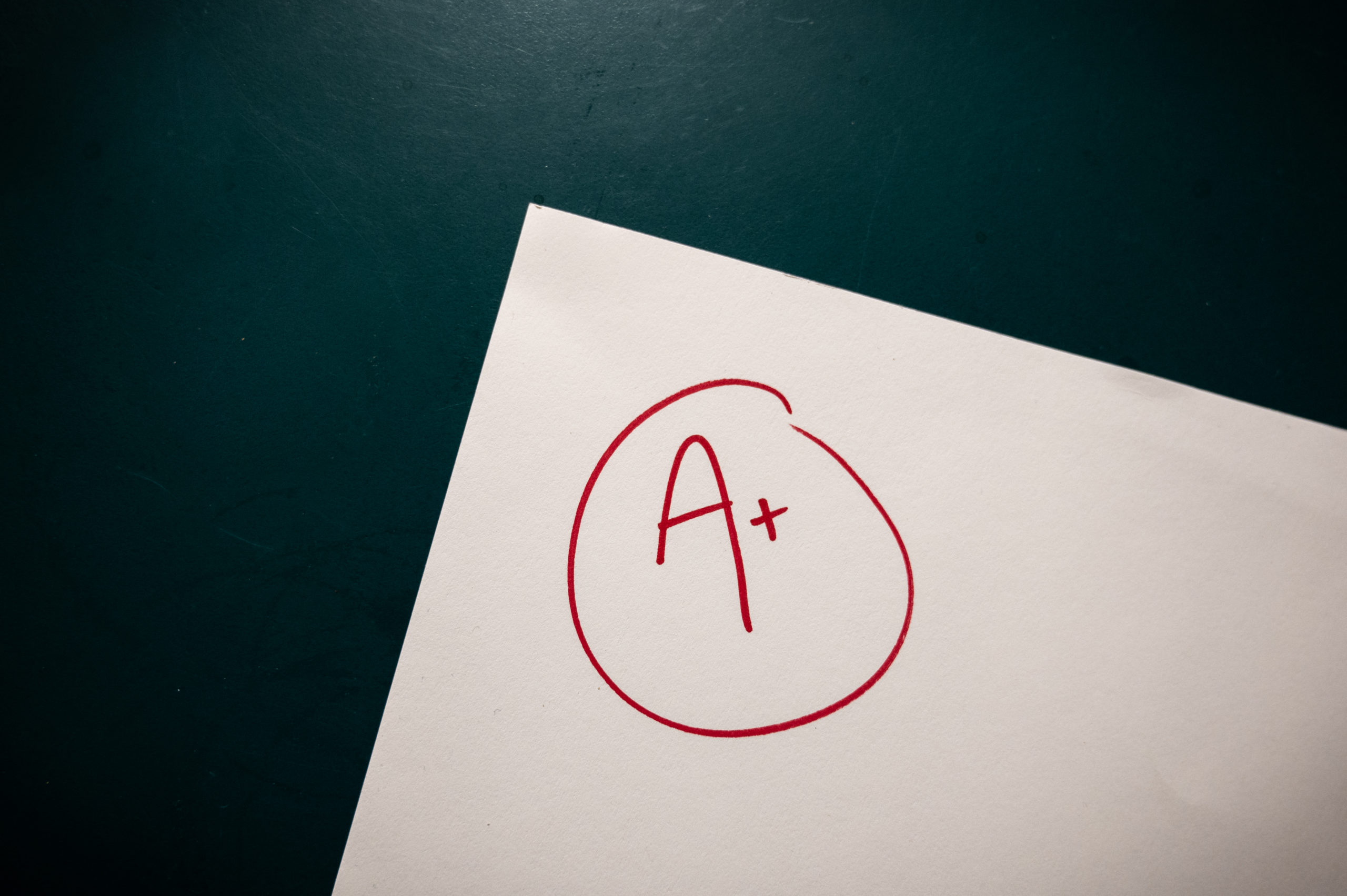![]()
“Except for rare instances, professors who award 100% on major assignments do a superb job teaching their students that intellectual laziness and pedagogical incompetence comprise higher education” said Nicholas Barber, former John Brown University faculty and current professor of philosophy at Belmont University.
This has been a consistent issue of mine during my higher education. I have found with almost all my classes that, if I do the bare minimum and turn in assignments complete and on time, I get a 100% on nearly everything with zero constructive feedback. This leads me to wonder if completing an assignment, or mindlessly writing to make word-count, leads to true academic growth? Furthermore, does it lead to real critical thinking? After three years of college, I do not think so. Paper after paper I have written with my instructor’s bias in mind, and, largely, I cannot say that I am better for it.
In fact, this has become a game for me in my non-major classes. I try to give the most ridiculous nonacademic response to questions in homework assignments. So far, the most ridiculous thing I have gotten away with is citing “DJ Isaac” as my main source for a Bible paper. I got a 100% on the assignment and zero feedback.
Before going further, I will note that I am aware not every major struggles with this issue. Certainly, STEM degrees have an easier opportunity to test on right or wrong topics. However, in liberal arts fields, there is a much more room for argument. I believe that in most cases, our university professors take the easy route.
In these less technical fields, professors should seek to keep the eagerness that students hopefully start the class with. Studies compiled by Vanderbilt University show that students who are expected to grow as the result of an assignment both do better on the assignment and get more value out of the course. These studies also found that students who receive growth-focused feedback did better than those who were simply told what was wrong.
JBU assistant professor of digital arts Kyle Agee declined an interview. In his classes, however, he has explained how grades are superfluous to education. Agee has found in his experience with teaching photography that some students are so worried about getting a high grade that they unintentionally stamp out their creativity.
In reaction to this, Agee enacted the policy that everyone gets an ‘A.’ He states in his Introduction to Photography syllabus: “An environment where anything less than a ‘B’ is considered a failure. Sure, the fear of losing scholarships is real, but I am more troubled by the prospect of students losing the joy that can be found in photographing the world that God has created around us.” Contrary to my opinion, Agee found that giving everyone high grades actually allowed for more learning and growth to occur.
This is great for him. However, I think that we should not cater to individuals who see anything less than an ‘A’ as failure. Individuals should be challenged during their time at university, which easy A’s inhibit.
Photo courtesy of Katelyn Kingcade





